Media: Journalism
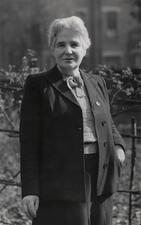
Helen Bentwich
Helen Bentwich was an active community organizer, activist, and local politician. She and her husband, Norman, aided in helping people escape Nazi persecution and split their time between Palestine and England for many years.
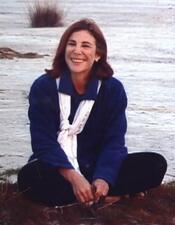
Sabina Berman
Sabina Berman is a Mexican-Jewish playwright, screenwriter, film director, author, poet, and journalist. Considered Mexico’s most successful and critically acclaimed playwright alive, her plays have been staged internationally and her novels have been translated into eleven languages and published in over 33 countries.
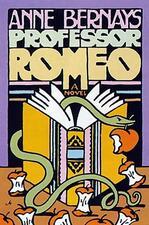
Anne Fleischman Bernays
Anne Fleischman Bernays is an American editor, novelist, and nonfiction writer. Her literary work is notable for its exploration of Jewish experiences of America, the pressure of assimilation, and the then-taboo subject of sexual harassment.

Bonnie Bernstein
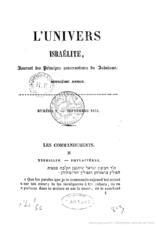
Julienne Bloch
Julienne Bloch was a writer and educator who used her career to strengthen the Jewish community in nineteenth-century France by pushing back against the assimilation and secularization of her fellow French Jews, especially Jewish women.
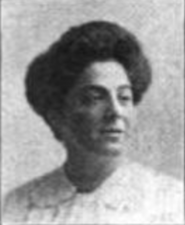
Anita Block
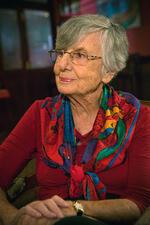
Ruth Bondy
Ruth Bondy was an author, a journalist, and a gifted translator. Born in Prague to a large Zionist family, the majority of whose members perished in the Holocaust, Bondy survived Theresienstadt and Auschwitz-Birkenau and arrived in Israel in late 1948. She soon became a journalist, and eventually began to write biographies and translate from Czech to Hebrew.
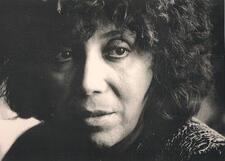
Aida Bortnik
Aída Bortnik was an Argentine journalist, dramaturge, and screenwriter who wrote the first Argentine screenplay nominated for an Academy Award (“The Truce,” 1974), an award she later won for best foreign film in 1986 (“The Official Story”). Bortnik was also the first Argentine to pen a screenplay that addressed the military dictatorship (1976-1983) and the first Latin American admitted as a permanent member of the Academy of Motion Picture Arts and Sciences.
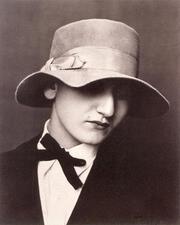
Anita Brenner
Anita Brenner, an anthropologist, journalist, and art historian, was born in Aguascalientes, Mexico, to Jewish immigrants from Latvia and grew up in Mexico and Texas. She was an important part of the Mexican Renaissance cultural scene, and the internal tension she experienced as Mexican, American, and Jewish provided her with insight into both Mexican and Jewish identity.
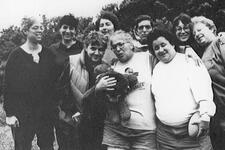
Bridges: A Journal for Jewish Feminists and Our Friends
Bridges: A Jewish Feminist Journal emerged in the overlap of late twentieth-century feminism and the Jewish and connected Jewish feminist writers, activists, and artists with each other, and with various public forums, for more than two decades. As a project made by, for, and about Jewish feminists, it became a space of creative collaboration, and a place to showcase late twentieth-century Jewish feminist cultural projection.
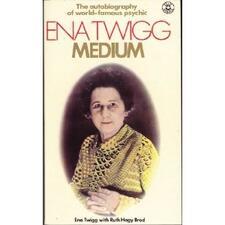
Ruth Hagy Brod

Suzanne Brøgger
Suzanne Brøgger is a Danish journalist, cultural critic, author, and essayist. With more than twenty books to her name, Brøgger has received widespread acclaim for her novels, essays, anthologies, poems, and plays.
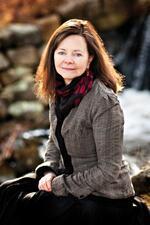
Geraldine Brooks
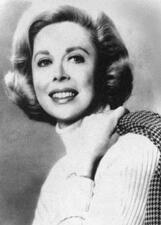
Joyce Brothers
Joyce Brothers was the second person and only woman to win the top prize on the popular television show The $64,000 Question. She became a popular psychologist and talk show host. Brothers conformed to normative understandings of 1950s womanhood but, unlike others, she gave advice about taboo topics such as sexuality and menopause.
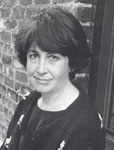
Susan Brownmiller
Susan Brownmiller is a radical feminist writer and journalist. She was a leader in the Women’s Liberation Movement of the 1960s to 1980s (second-wave feminism). Brownmiller is bes-known for Against Our Will: Men, Women, and Rape (1975), the first comprehensive study of sexual violence.
Tullia Calabi-Zevi
Born in Milan, Tullia Calabi-Zevi began working as a journalist during World War II and wrote prolifically for a number of publications over the next few decades. In her later life she held many public leadership positions, including several in organizations specifically concerning Jewish life in Italy.
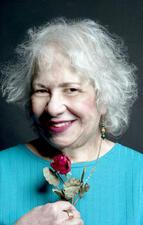
Aviva Cantor
Journalist and lecturer Aviva Cantor is the author of the theoretical work Jewish Women, Jewish Men: The Legacy of Patriarchy in Jewish Life, a passionately analytical synthesis of feminism, Judaism, Zionism, Socialism, animal rights and environmentalism, as well as of the landmark The Egalitarian Hagada. Cantor was founding editor of the Jewish Liberation Journal. She also originated the idea and was a founder and editor of Lilith, the independent Jewish feminist magazine.

Nina Beth Cardin
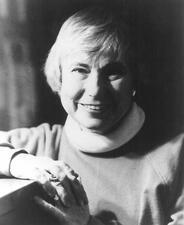
Barbara Cohen
When Barbara Cohen died, she left behind an exceptional body of children’s literature. Cohen was adventurous, seldom repeating herself, always trying new ideas, settings and themes. In her books, she confronted taboo subjects of assimilation, racism, and cancer with both sensitivity and remarkable honesty.
Jessica Cohen
Jessie Cohen served as editor of the Jewish Review and Observer for most of her life, maintaining an important resource for Jews in the city of Cleveland. She ran the Jewish Review and Observer for decades, finally retiring due to ill health, and remained editor emeritus until her death in 1945.

Natalie Cohen
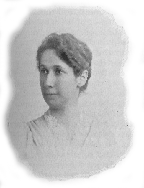
Nina Morais Cohen
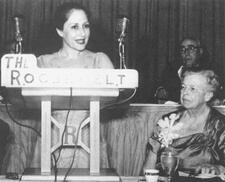
Rosalie Cohen

Selma Jeanne Cohen
It was Selma Jeanne Cohen’s mission in life to make dance scholarship a respected field, taking its place with the study of the other arts both in society and, particularly, the university. As a writer, editor, and teacher, she was a leader in transforming dance history, aesthetics, and criticism into respected disciplines. Cohen founded the Society of Dance History Scholars and received the first Dance Magazine Award ever given to a dance historian.
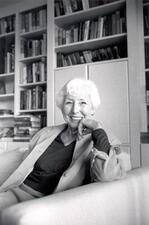
Molly Cone
Molly Cone wrote for over four decades, producing more than 40 books. They include young adult novels, short story collections, middle-grade fiction, Judaica for young readers, and non-fiction on ecological and educational topics. Her work frequently incorporates bits and pieces of her family life, as well as the love of Jewish culture which so enriched her childhood.


